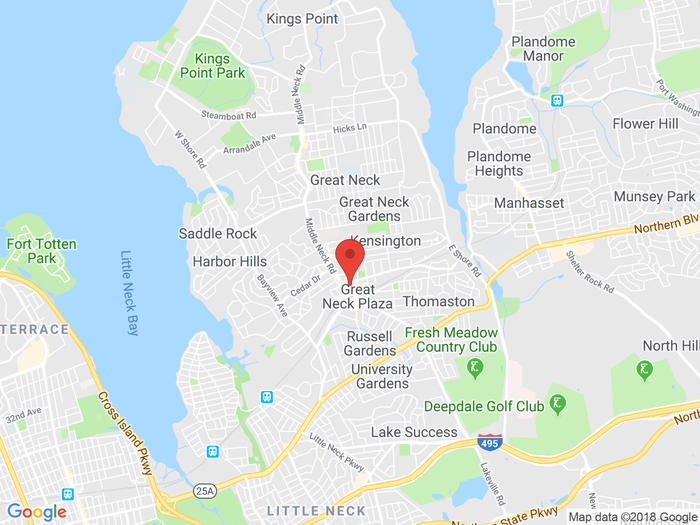Blog
The Stages of Periodontal Disease: Can My Teeth Be Saved?
Periodontal Disease affects the gum and bone that surround the teeth. The disease is marked by inflammation, tenderness, swelling, and a red coloration of the gums. It is caused by bacteria accumulating in the mouth. In severe cases, the gums can recede to the point that the teeth become loose. According to the CDC, periodontal disease is one of the biggest threats to one’s dental health. Some early warning signs could indicate that you need to see a Dentist: bad breath or taste that won’t go away, tender gums, painful chewing, loose teeth. Though the disease can be a severe condition, Dr. Liberman and her staff are equipped and experienced in treating it.
What are the Four Stages?
Gingivitis
Gingivitis is an early stage of periodontal disease. It is very common, with more than one hundred thousand cases per year. The symptoms include bad breath that persists, tender gums, swelling, inflammation, and redness. To treat gingivitis, a dentist will remove the plaque and tartar that are causing the swelling. Unlike gingivitis, bacteria have reached the bone in the early stage of the disease, and the bone has begun to decay. The best way to prevent gingivitis is good oral hygiene and regular dentist check-ups.
Early
Early periodontal disease is marked by slight bone loss. Unlike gingivitis, in the early stage of the disease, bacteria have reached the bone and the bone has begun to decay. At this point, a dentist is needed to treat the disease,and an at-home remedy will not suffice. Symptoms might include bleeding during flossing or brushing.
Moderate
Similar to the early stage, moderate periodontal disease is not reversible because of bone loss. If left untreated, the teeth can become loose and fall out. In addition, the bacteria will begin to infiltrate the bloodstream and cause issues with the immune system. The treatment for the early and moderate stages of the disease includes a deep cleaning of the teeth and gums, removing as much bacteria as possible, called scaling or root planing.
Advanced
At this stage of the disease, the bacteria has led to the decay of half of the tooth and perhaps more. This stage is very painful, with severe swelling, bone loss, bleeding, cold sensitivity and halitosis. In order to clean the teeth and remove all of the deep bacteria, surgery is needed at this advanced stage of the disease.
To prevent the damaging effects of the disease, early intervention needs to occur. Therefore having strong oral hygiene and regular dentist visits are essential to preserving your teeth and preventing periodontal disease. However, there are treatment options available at every stage of the disease. Dr. Liberman and her team at Great Neck Family Dentistry are prepared to help you restore your dental health.
The Benefits of Great Neck Family Dentistry
If you have any symptoms, questions or concerns, do not hesitate to make an appointment. Dr. Julie Liberman, DDS of Great Neck Dental Care NY, proudly serves patients of all ages in the Great Neck area, spanning New Hyde Park, Floral Park, Douglaston, Jericho, Roslyn, etc. The Quintessence Publishing Award has recognized Dr. Liberman for Clinical Excellence in Periodontics. At her practice, each patient will receive a complete oral examination that includes a cancer screening and an evaluation of the soft tissue and gums.
It does not matter what your dental concern might be, Great Neck Family Dentistry is the solution for you. Call our Great Neck, NY dental office today!
Contact Us
Never been happier with a dentist before! The professionalism, individual care, sparkling clean office, and the range of services are amazing. Highly recommended!

